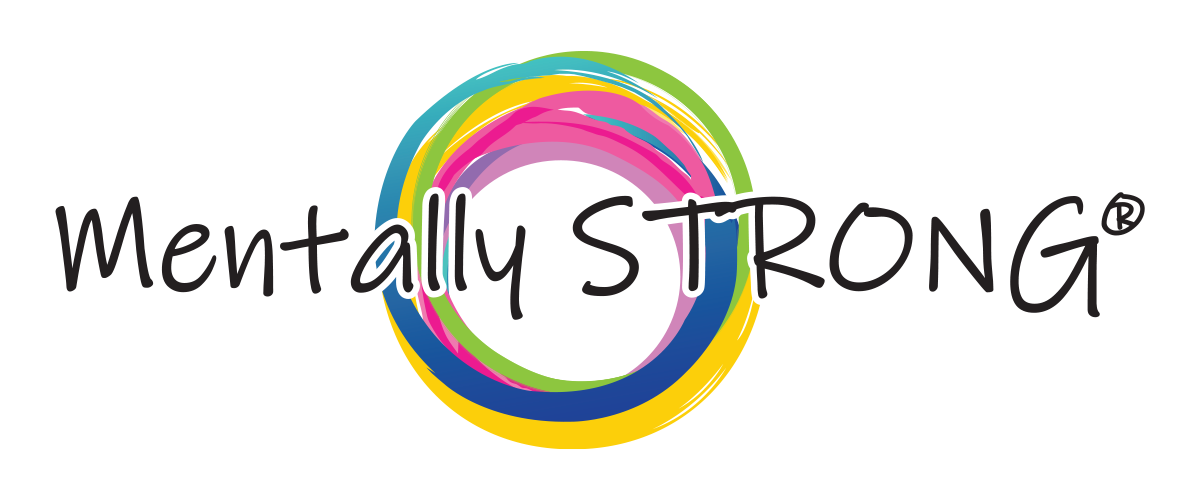Losing a loved one is always difficult. The sadness, emptiness, and loss can be overwhelming, even if the loss is one that the person is prepared for. Losing a child, however, brings a level of sorrow and pain that no parent should ever have to experience. It is often considered the worst trauma a parent can suffer. No matter how old the child is, nor how long the parents of a terminally ill child have had to prepare, the emptiness that comes with the loss of a child is truly unbearable.
Unfortunately, anyone reading this article has probably experienced losing a child or is preparing for the loss of a terminally ill child. In either case, the purpose of this article isn’t to try to encourage the reader with meaningless platitudes or warm and fuzzy sentiments to try to mask the pain. Rather, the purpose of this article is to allow anyone who’s lost a child to understand that they are not alone and that there are steps that grieving parents can take to help manage the pain, find meaning and purpose in life, and live a healthy, happy life while honoring the memory of their child.
3 Things to Help with Grieving the Loss of a Child
Losing a child can lead to overwhelming sadness and despair that is so crippling; routine tasks like taking a shower or even getting out of bed feel insurmountable. Parents who have lost children often suffer from feelings of extreme guilt, disbelief, or even resentment towards other parents with healthy children. Even as time passes, many parents who have lost a child feel like returning to any semblance of a normal life is impossible. These types of feelings are normal when grieving the loss of a child. However, there is hope. In the below video, Dr. B, founder of Mentally STRONG, discusses her experience with losing two children, the steps she took to help her through the grief, and how The Mentally STRONG Method can help parents resume their lives after losing a child:
Below is a recap of the 3 things Dr. B wants parents grieving the loss of a child to remember:
- Choose to Grieve: Controlled grief is a term Dr. B coined to mean taking control of when and how parents choose to grieve. Without controlling grief, the grief takes control, manifesting itself into depression, anxiety, and the inability to function. Controlled grief means taking an hour, 2 hours, or even an entire day to grieve, but then you put it away, go to sleep, and wake up, choosing to find hope. There will still be times when the sadness, sorrow, and pain of losing a child will hit randomly and without warning. By practicing controlled grief, however, parents are better prepared to manage those feelings and hold on to hope.
- Choose to Feel the Pain: Making a conscious effort to feel the pain of losing a child goes hand in hand with choosing to grieve. Choosing to feel the pain doesn’t mean wallowing in self-pity or living each day consumed by the pain. It means setting aside specific times and allowing oneself time to cry and remember the life of the child, especially around anniversaries, birthdays, and holidays. Over time, the intensity and frequency of these controlled grief sessions will decrease, but there is a high likelihood that controlled grief will become a part of life well into the future. The important thing to remember is it’s okay to choose to feel the pain, but always make sure to choose hope and happiness afterward.
- Choose to Find Yourself Again: This is likely the hardest step for any parent who has lost a child. Whether it is a young child who relies on his parents for everything or a child who has moved out and started her own family, the loss of that child changes a parent. Losing a child can cause parents to question their lives, their decisions about the future, and even their faith. This is why finding yourself and developing a personal vision is such an important step in the healing process. Developing a personal vision should revolve around parents improving their mental and spiritual health, strengthening relationships with family and friends, and finding things that will make them happy moving forward. This process will be different for everyone. It may take six months or even several years. Either way, continue to commit to the lifetime process of choosing to find yourself again.
Mentally STRONG Can Help After Losing a Child
No parent should ever have to feel the pain of losing a child. Unfortunately, Dr. B knows too well the pain that comes with losing two children. She developed Mentally STRONG to help other parents learn how to cope with grieving the loss of a child. The Mentally STRONG Method will help parents learn to choose to grieve, to feel pain, and to find themselves again.
Interested in learning more about how to cope with losing a child? Register for the Mentally STRONG Method and start your journey to finding hope after grieving the loss of a child.

